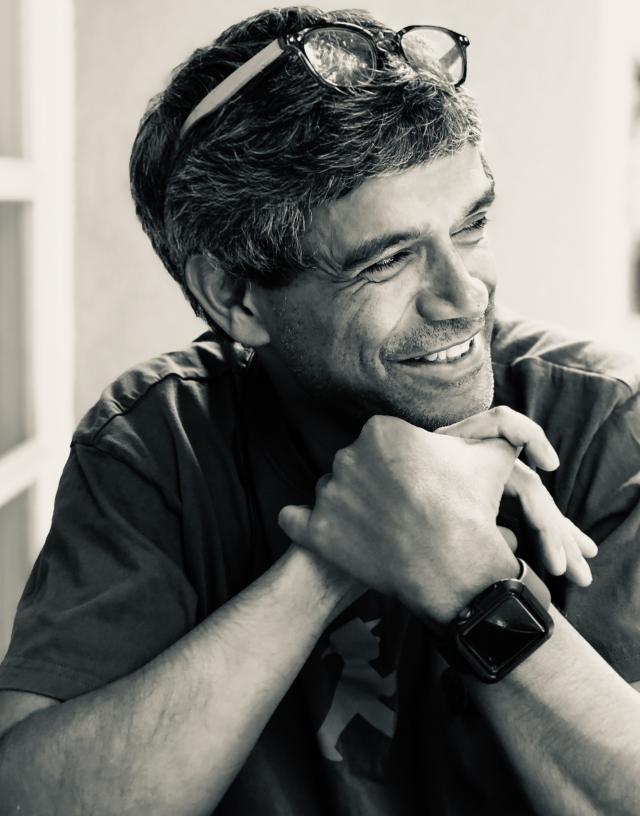时间:2019年12月11日(周三)15:00-17:00
地点:国家发展研究院万众楼二层大教室
主讲人:Subhrendu K.Pattanayak(杜克大学教授)
主持人:徐晋涛、王敏、黄卓、邢剑炜
题目:Climate change, air pollution, and human health: Can economics research help address these ominous links?
Against backdrop of worsening climate, air pollution (ambient & indoors) is getting worse, especially in Asia. Economists have entered this fray with better data, careful methods & more rigor; in principle, they can treat implementation as a science, specifying and testing hypotheses regarding implementation. Economists draw attention to preferences & constraints faced by households (firms, governments, NGOs) using rigorous quantitative approaches, as illustrated by multiyear multi-stage experimental study in the Himalayas to promote electric cooking.
By combining a stratified field experiment in India with a triple-differences estimation strategy, we show that a local development NGO’s prior engagement with target communities increases the effectiveness of a technology-promotion intervention implemented by it by at least 30 percent. This “NGO effect” has implications for the generalizability and scalability of evidence from experimental research conducted with local implementation partners.
What we must remember is that policies impose many costs and benefits (implementation, political economy, transaction costs). Thus, scholars must avoid a rise in risk of type III errors (precise answers to pointless questions), if they are to aid policy implementation.
Subhrendu K. Pattanayak is the Oak Professor of Environmental and Energy Policy at Duke University. He studies the causes and consequences of human behaviors related to the natural environment to help design and evaluate policy interventions in low-income tropical countries. His research is in three domains at the intersection of environment, development, health and energy: household energy, environmental health (diarrhea, malaria, respiratory infections) and forest ecosystem services. He has focused on design of institutions and policies that are motivated by enormous inequities and a range of efficiency concerns (externalities, public goods and imperfect information and competition). Dr. Pattanayak has collaborated closely with multi-lateral agencies, NGOs, governments, and local academics in low and middle income countries around the world. Professor Pattanayak leads a new multi‐disciplinary initiative on sustainable energy transitions (#SETI), which is supported by the Environment for Development Network and Duke University. He is also a Fellow and faculty member of the South Asian Network of Development and Environmental Economists (SANDEE). He received his Ph.D. in Environmental Economics from Duke University, and MS from Purdue University.




